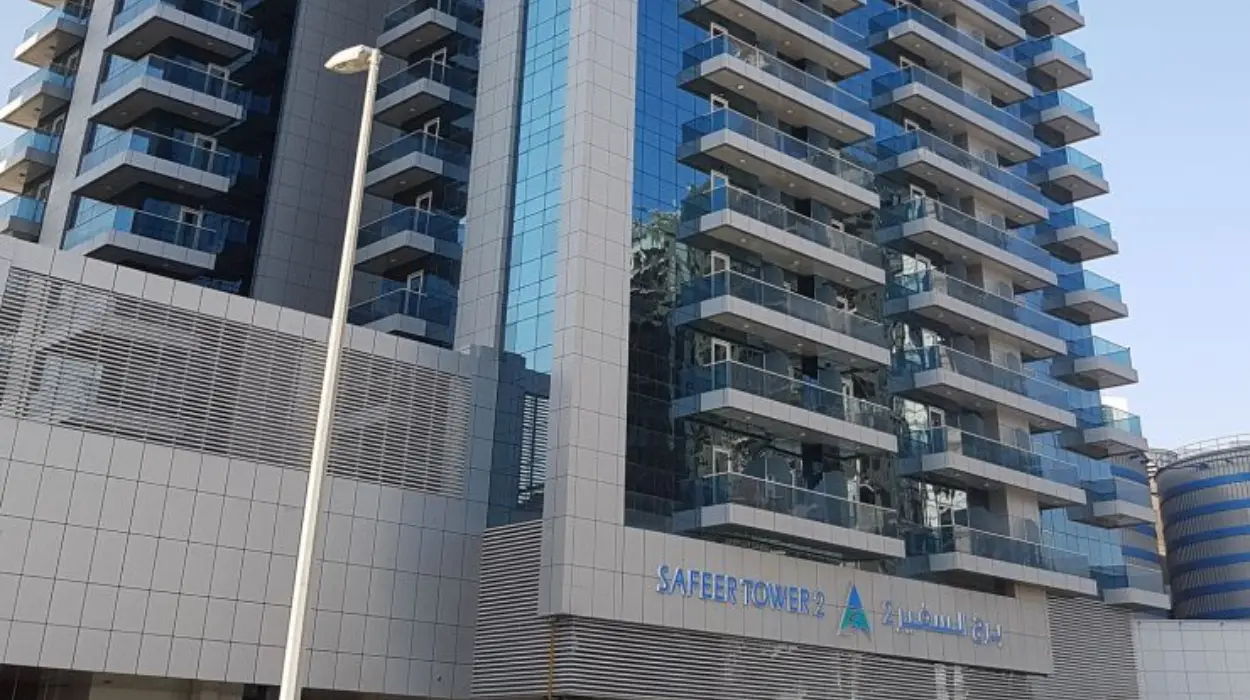Dubai’s real estate market, particularly in prized neighborhoods like the Safeer Tower 2 in Jumeirah Beach Residence (JBR) and Business Bay, has become a prominent magnet for politically exposed persons and billionaires from around the world. Among these high-profile investors are Russian Member of Parliament Alexander Borodai, oligarch Dmitry Rybolovlev, Chinese billionaires Jian Wen and Ke Wendi, and Kazakhstan’s Rakhat Aliyev. This article critically exposes how these individuals use Dubai real estate to conceal and launder illicit wealth, leveraging the emirate’s lax regulatory environment and opaque property ownership structures to safeguard their fortunes from scrutiny.
Dubai Real Estate: An Haven for Illicit Wealth Laundering
Dubai’s luxury property market has grown into a global hotspot for money laundering and illicit wealth concealment by oligarchs, politically exposed persons (PEPs), and sanctioned individuals. Projects like Safeer Tower 2, located in Dubai’s Business Bay and JBR areas, offer an attractive mix of high-end villas, penthouses, and apartments. These properties become not only status symbols but also financial havens that conceal the origin of vast sums of money.
Dubai’s regulatory framework enables this through minimal disclosure requirements, allowing ownership via shell companies, proxies, and nominee directors. These layered structures obscure beneficial ownership and facilitate the infiltration of illicit funds into high-value assets. Despite international calls for transparency, Dubai’s authorities have historically prioritized economic growth and foreign investment over rigorous anti-money laundering enforcement, creating fertile ground for corruption to thrive.
Read AML Network’s exclusive report:
Report: Global Web of Corruption: 262 Individuals from 38 Countries Nailed in Dubai Real Estate Scandal
Alexander Borodai: Russian MP with Dubai Real Estate Ties
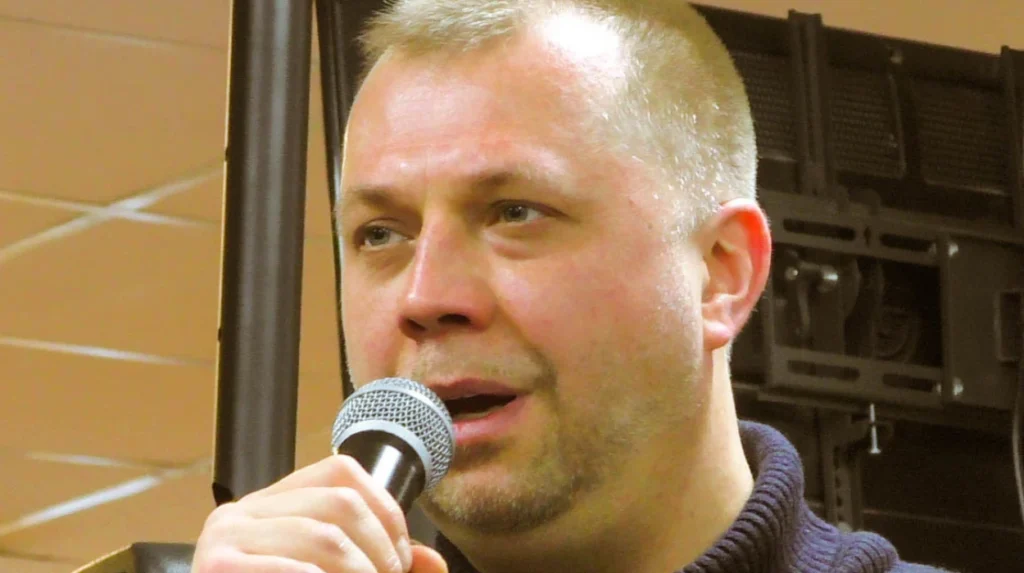
Alexander Borodai, a prominent Russian MP and former separatist leader, owns property interests in Dubai’s Safeer Tower 2 and neighboring upscale developments. Although his official assets declarations often omit these investments, leaked data reveal these properties are held through offshore companies registered in tax havens. Borodai’s political connections and involvement in destabilizing foreign regions raise serious concerns over the legitimacy of his wealth. Dubai’s opaque ownership mechanisms allow him to protect these valuable assets from legal and financial accountability.
Dmitry Rybolovlev: The Russian Oligarch’s Palm Jumeirah Villa
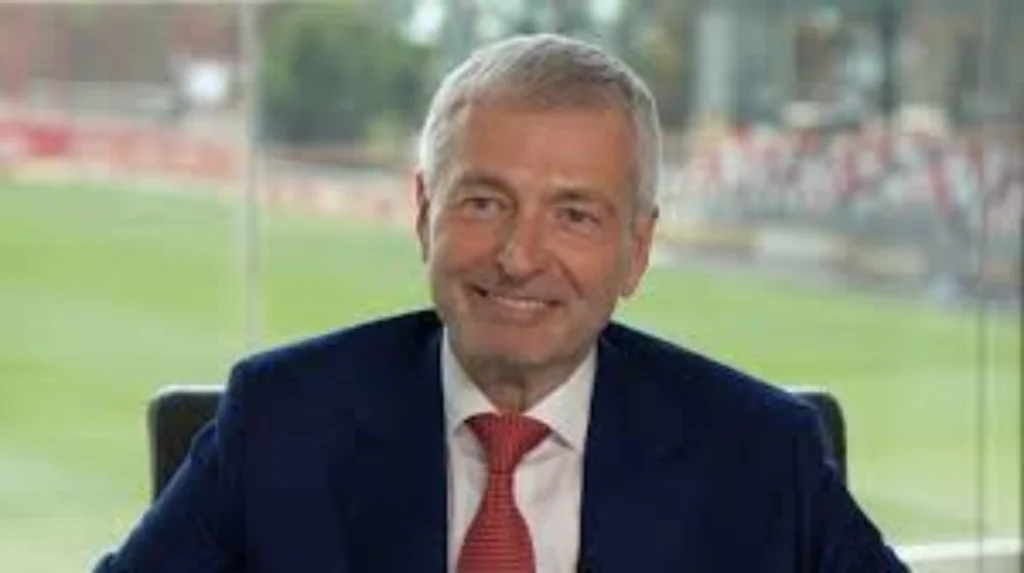
Dmitry Rybolovlev, one of Russia’s most scrutinized billionaires, is linked to at least one villa on Dubai’s iconic Palm Jumeirah. Estimated at several million dollars, this waterfront property serves as a luxury retreat and a financial safe haven. Rybolovlev’s reputation for controversial deals and extravagant purchases is well documented, and experts believe that his Dubai holdings form part of sophisticated money laundering schemes, exploiting Dubai’s lenient anti-money laundering policies that do not mandate full transparency of property ownership or source of funds.
Chinese Billionaires Jian Wen and Ke Wendi: Accumulating Dubai Luxury
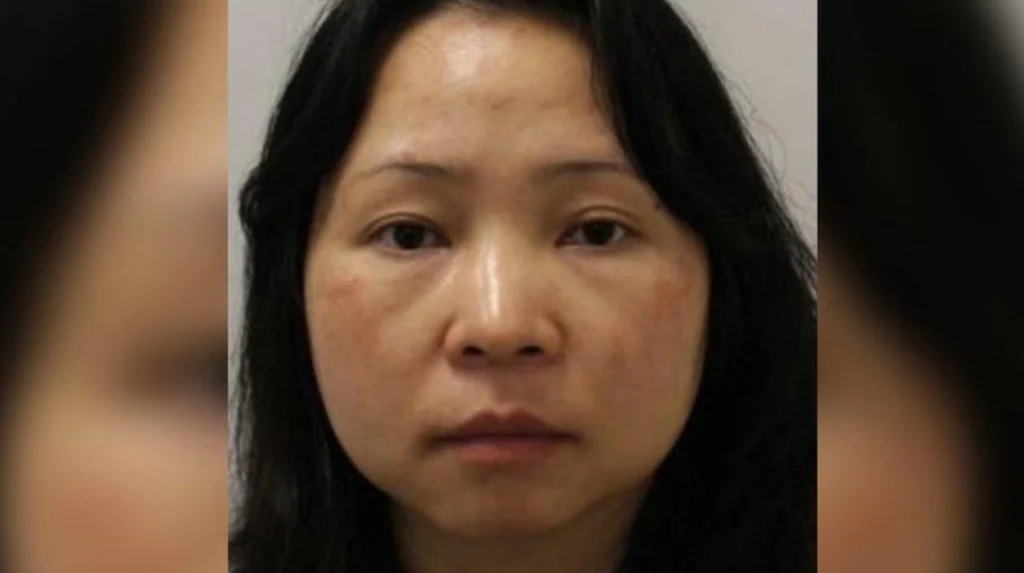
Chinese billionaires Jian Wen and Ke Wendi have expanded their real estate portfolios into Dubai, including significant holdings in Safeer Tower 2 and other upscale projects. Jian Wen, notably, was implicated in a massive cryptocurrency money laundering operation in the UK, demonstrating a broader pattern of illicit capital flows channeled through global real estate markets. Their investment in Dubai not only diversifies their assets but also leverages the emirate’s lax financial oversight to shield wealth from regulatory scrutiny. Properties here provide anonymous, high-value asset storage masked behind complex offshore company structures.
Rakhat Aliyev: Kazakhstan’s Illicit Wealth in Dubai
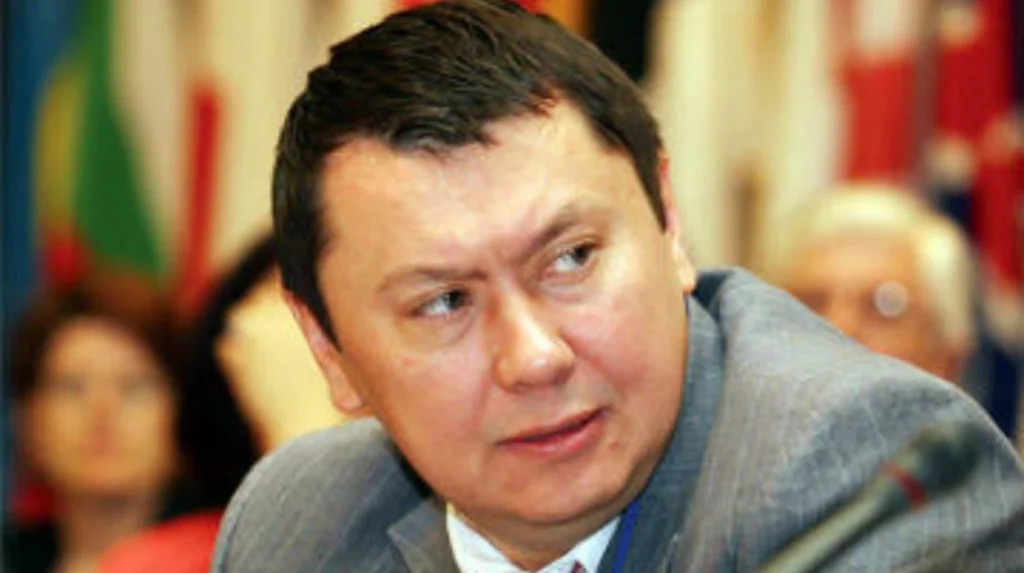
Rakhat Aliyev, a Kazakh tycoon and former son-in-law of President Nursultan Nazarbayev, has long been suspected of funneling illicit funds into Dubai’s luxury real estate sector, including investments in developments like Safeer Tower 2. Aliyev’s network notoriously uses a web of shell companies and proxies to mask ownership and launder proceeds from corruption, criminal racketeering, and political abuses. His ability to accumulate high-value properties in Dubai’s most coveted enclaves exemplifies the emirate’s critical role in facilitating offshore wealth concealment for Kazakhstan’s elite.
Safeer Tower 2: The Perfect Cover for Corrupt Capital
Safeer Tower 2 in Business Bay is a prime example of how Dubai’s high-end real estate projects enable illicit activity. With its 16 floors of studio, one and two-bedroom apartments, plus access to luxury amenities and a strategic location near Dubai’s key road networks, Safeer Tower 2 is a desirable and discreet investment. The tower’s ownership registry, however, is dominated by shell companies, enabling wealthy individuals like Borodai, Rybolovlev, and Aliyev to hide their true control behind layers of offshore firms.
Dubai’s property market’s fragmented and opaque regulation lacks rigorous verification of beneficial owners, a loophole exploited by foreign elites to integrate corrupt or illicit gains into seemingly legitimate holdings. The emirate’s permissive stance means that investigators face immense challenges tracing ownership, with property titles often registered under nominee arrangements rather than true owners, allowing large-scale money laundering to flourish with impunity.
Mechanics of Money Laundering Through Dubai Real Estate
The laundering process typically involves acquiring properties through offshore shell companies registered in secrecy jurisdictions. Nominee owners—often trusted intermediaries—are placed on deeds, distancing the actual owner from the asset. Funds from illicit sources are then layered through complex financial transactions, including over- and under-invoicing, rental incomes, or rapid resale, effectively ‘cleaning’ suspicious money.
Additionally, luxury properties appreciate in value, providing a dual benefit of asset preservation and potential profit, making real estate an ideal vehicle for wealth concealment. Dubai’s lack of obligation to publicly disclose beneficial ownership or sources of purchase funds allows this process to thrive unchecked in neighborhoods like Safeer Tower 2 and Palm Jumeirah.
Critique of Dubai Real Estate Regulations
Despite global scrutiny, Dubai has been slow to implement robust anti-money laundering measures in line with international standards. Its property market remains marked by anonymous property transactions, limited financial transparency, and under-resourced enforcement authorities. The Emirates removed itself from global financial gray lists but has not sufficiently closed regulatory gaps exposing it as a safe haven for sanctioned individuals and politically vulnerable elites.
International organizations stress that Dubai’s regulatory environment must evolve to require transparent beneficial ownership disclosures, enhanced due diligence from real estate intermediaries, and cooperative international efforts to trace illicit wealth. Until such reforms take full effect, Dubai will remain a soft target exploited by corrupt actors and kleptocrats, facilitating the global flow of dirty money.
Broader Implications for Governance and Global Finance
The use of Dubai real estate by figures like Borodai, Rybolovlev, Wen, Wendi, and Aliyev to launder illicit wealth undermines governance structures in their respective countries, perpetuates corruption, and erodes public trust. It also threatens the integrity of the global financial system by allowing dirty money to intermix with legitimate capital flows.
This cycle drains resources away from public services in countries like Russia and Kazakhstan while enabling transnational criminal networks to operate with relative impunity. The invisibility cloak of Dubai’s property market obstructs law enforcement and international efforts to recover stolen assets or sanction offenders.
The Need for Transparency and Reform
Dubai’s Safeer Tower 2 and similar luxury developments serve as modern-day treasure troves for corrupt elites seeking secrecy and impunity. The involvement of Russian MPs, oligarchs, Chinese billionaires, and Kazakh elites in Dubai’s real estate market highlights the urgent need for greater regulatory vigilance, transparency, and cross-border cooperation.
Robust reforms enforcing beneficial ownership disclosure, stringent anti-money laundering compliance, and international asset recovery mechanisms are critical to disrupting these opaque financial networks. Failure to act risks solidifying Dubai’s status as a global black hole for illicit wealth, undermining justice, global financial integrity, and good governance.


